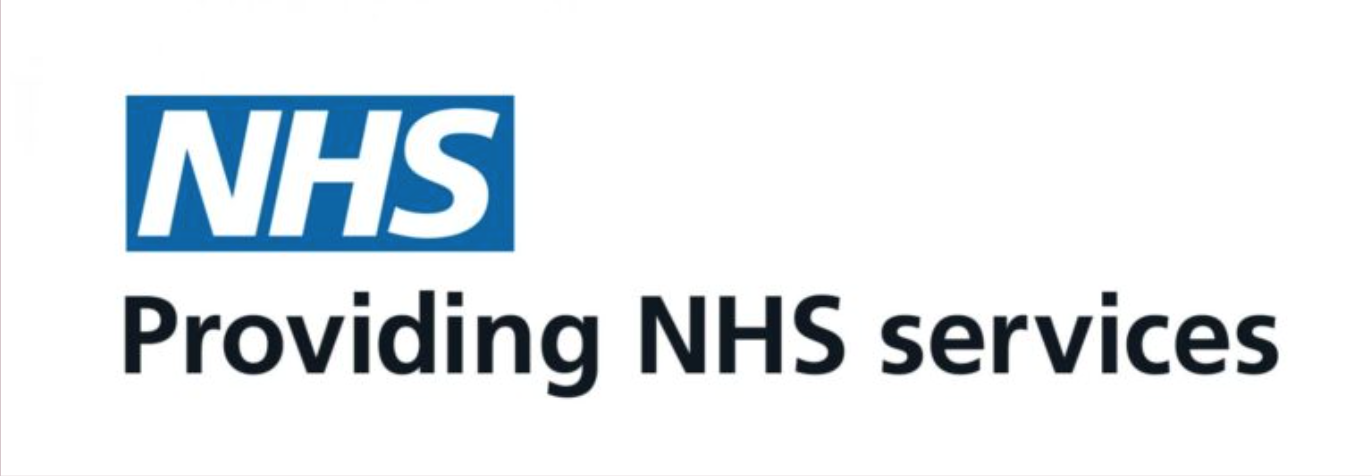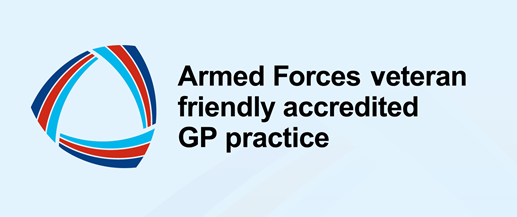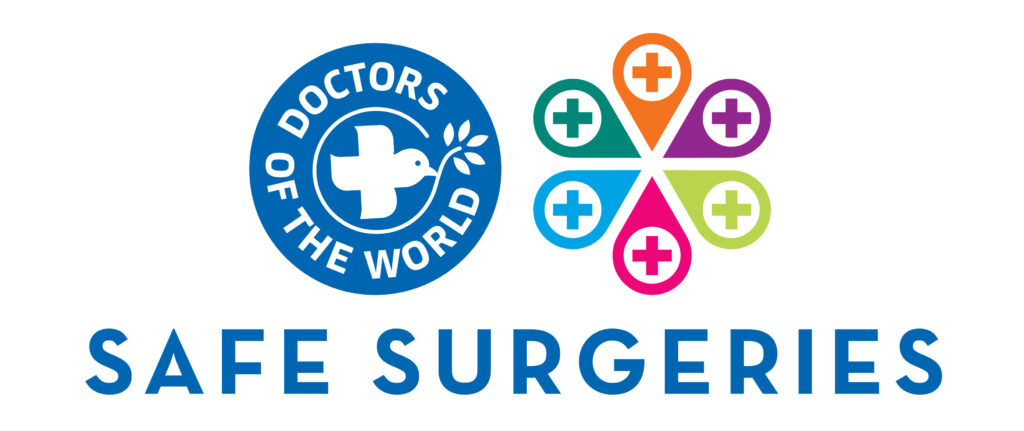Patient Participation
Our patients are at the heart of everything we do.
We want it to be easy for patients to access our services and get the right help fast in difficult times.
Cheadle Medical Practice are implementing our new approach to inclusivity by making all patients members of our Patient Participation Group (PPG) by default.
We know our patients have busy lives, and many people struggle to attend meetings, so we are embracing new ways to take your feedback on board. We need your ideas to help maintain our practice as a key part of the local community.
What’s happening at Cheadle Medical Practice?
Please see our most recent newsletter here.
Day to Day Feedback
There are a number of ways you can give feedback to the practice, click here for more information.
Our Strategic Approach
We will hold regular surveys to get feedback on specific issues which affect patients. Our vision statement says that we want to be ‘at the forefront of change within our NHS’, and we are always looking for feedback on new ways of working which improve patient care.
We firmly believe that the two most important issues to our patients are:-
- Being able to get through on the phone; and
- Being able to access the care you need
We want to focus exclusively on these two areas, and recognise that we can’t do everything. But if we do these two things to a higher standard, we will make things better for patients overall.
Did Not Attend – Statistics
We know from our previous patient group meetings how frustrating it is for our patients when other patients don’t turn up for their appointments. This takes up an appointment that could have been used by someone else, and we all know that capacity is so stretched that every appointment is valuable.
Our Did Not Attend (or “DNA”) rate is as follows (this is for all appointments, not just those with GPs):-
March 2023 – 2.2%
February 2023 – 2.8%
January 2023 – 3.2%
December 2022 – 3.0%
November 2022 – 2.0%
2022 Average – 1.7% (which is nearly 1,000 appointments)
2022 – A total of 743 patients had at least one DNA (6.4%)
2022 – A total of 146 patients had more than one DNA (1.2%)



